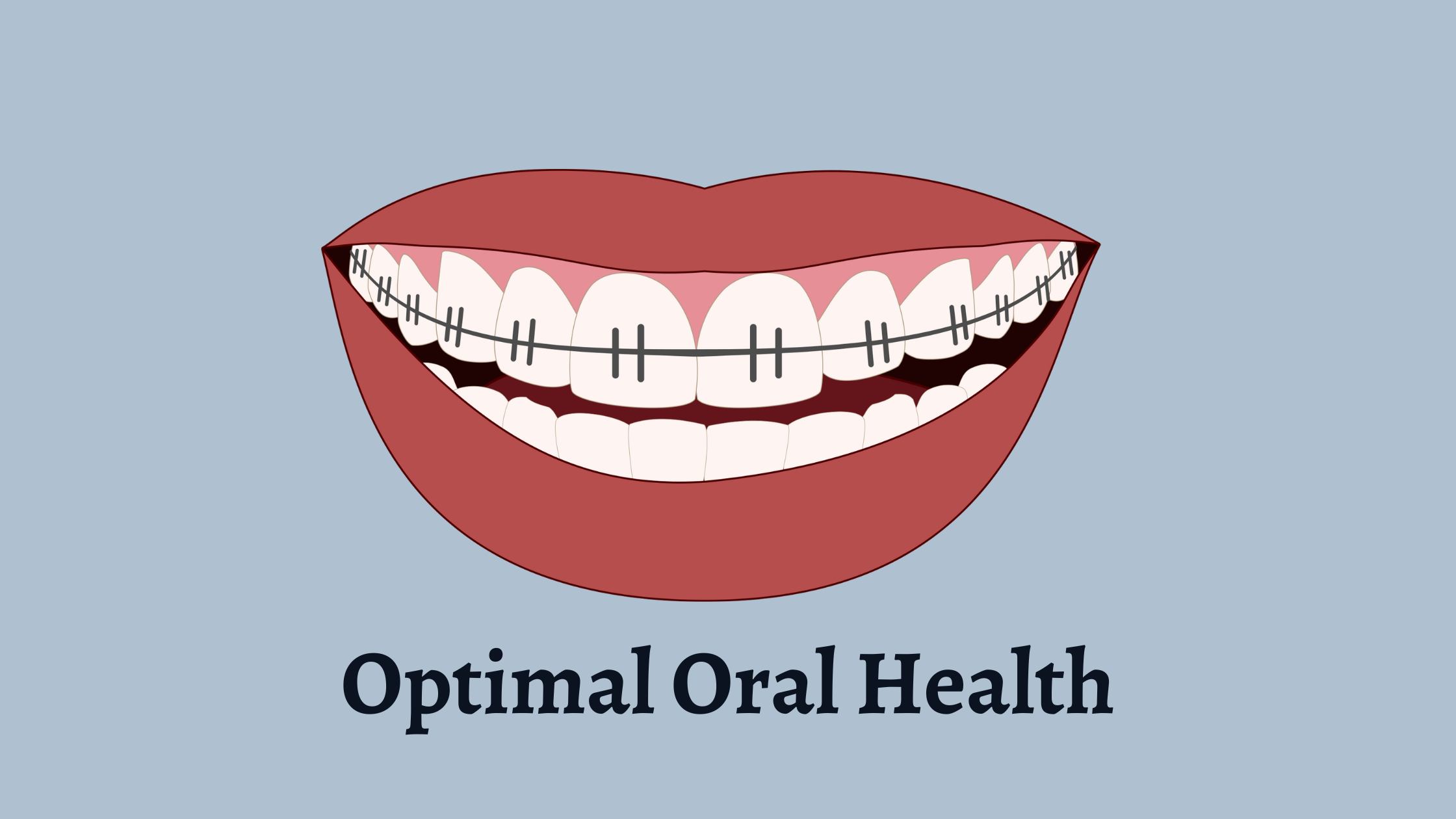
In the quest for optimal oral health, the spotlight often shines on routine dental care—brushing, flossing, and regular check-ups. However, an often-overlooked protagonist in this narrative is nutrition, a critical factor influencing not just our general well-being but specifically the health of our teeth and gums.
As dental researchers dive deeper into what causes oral health issues, they increasingly find that what we eat plays a vital role. This article aims to unravel the complex relationship between diet and oral health, shedding light on why nutrition should be at the forefront of oral healthcare.
Understanding the Basics: Nutrition and Oral Health Connection
At its core, oral health is intricately linked to what we eat. Every time we eat or drink something, we expose our teeth and gums to substances that can either strengthen or weaken them.
For instance, foods high in sugars and carbohydrates can contribute to tooth decay. Bacteria in the mouth thrive on these sugars, producing acids that erode tooth enamel. On the flip side, foods rich in calcium and phosphates, like dairy products, can help remineralise teeth, reversing some of the damage caused by acids.
Nutrients That Promote Oral Health
It’s not just about avoiding harmful foods; it’s equally about embracing those that benefit oral health. Key nutrients you need to add to your daily diet include:
- Calcium: Essential for building strong teeth and bones.
- Vitamin D: Helps in the absorption of calcium.
- Phosphorus: Works in tandem with calcium to strengthen teeth.
- Vitamin A: Necessary for maintaining mucous membranes and soft tissue of the gums.
- Vitamin C: Crucial for gum health and preventing gingivitis.
Incorporating a balanced diet rich in these nutrients can be a game-changer for oral health.
The Issue with Sugar
Managing sugar intake is one of the biggest challenges in maintaining oral health through nutrition. The modern diet is rife with hidden sugars, found in everything from breakfast cereals to salad dressings.
You don’t have to eliminate sugar completely, but you should be mindful of consumption and timing. Eating sugary foods during meals, rather than as standalone snacks, can lessen their harmful impact, as increased saliva production during mealtime helps neutralise acids.
Food Acidity and Oral Health
While sugars are often villainised, acid is an equally formidable foe. Acidic foods and beverages, like citrus fruits and sodas, can weaken tooth enamel, making it more susceptible to decay.
Of course, giving up your favourite beverage for good is not what we’re saying here. The key is moderation and timing, as consuming these foods as part of a meal can help mitigate their erosive effects.
The Role of Diet in Preventing Gum Disease
Gum disease, often the silent offender in oral health, can also be influenced by diet. Nutrient-rich diets contribute to strong immune systems, which are vital in fighting off the infections that lead to gum disease.
A deficiency in essential nutrients can weaken the body’s resistance to infection, making the gums more susceptible to gingivitis and periodontitis. Foods high in antioxidants and anti-inflammatory properties, like berries, nuts, and leafy greens, can bolster gum health.
Practical Tips for a Tooth-Friendly Diet
Creating a diet that supports oral health doesn’t have to be a daunting task. Here are some practical tips:
- Opt for whole, unprocessed foods, which are generally lower in harmful sugars and acids.
- Include a variety of fruits, vegetables, lean proteins, and whole grains in your diet to ensure a well-rounded intake of essential nutrients.
- Limit snacking on sugary or acidic foods that can increase the risk of tooth decay.
- Drink plenty of water throughout the day to keep your mouth hydrated.
- Limit alcohol consumption
Though these tips are not the be-all and end-all of dieting for optimal tooth health, judiciously adopting them takes you one step further towards wholesome oral hygiene.
Conclusion
The role of nutrition in maintaining optimal oral health is multifaceted and significant. If you understand the connection between what you eat and your oral health, you can make more informed choices that benefit not only your teeth and gums but also your overall well-being. As you navigate this complex relationship, a commitment to a balanced diet and the guidance of dental professionals are key to a healthy dental life.
Diamond Smile is one such dental professional you can consult on anything regarding your oral health. They offer services ranging from different types of general and cosmetic dentistry to denture replacement and repair.